Iran urges Azerbaijan, Armenia to resolve dispute through dialogue, comply with ceasefire
Iran has expressed deep concern over the latest flare-up between Armenia and Azerbaijan in the disputed Nagorno-Karabakh region, calling on both sides to comply with the terms of a 2020 ceasefire agreement and de-escalate through dialogue.
“The Islamic Republic of Iran considers Karabakh as part of the Republic of Azerbaijan and believes that its issues, including the rights and security of its residents, should be resolved in this framework and through dialogue,” Foreign Ministry spokesman Nasser Kana’ani said on Tuesday.
The statement came after Azerbaijan launched a military operation in Karabakh earlier in the day, almost three years after it went to war with Armenia over the disputed mountainous region.
Nagorno-Karabakh is internationally recognized as part of Azerbaijan but has been populated by ethnic Armenians. In 2020, Azerbaijan made significant territorial gains in a six-week war that killed thousands on both sides, before Moscow brokered a ceasefire deal that included the deployment of 1,960 Russian peacekeepers to the region for a five-year period.
Since the truce, the two sides have accused each other of breaching the peace deal.
In his statement, Kana’ani once again stressed on the role of the countries in the region to help resolve disputes peacefully, while reminding the readiness of the Islamic Republic to host the 3+3 format cooperation mechanism in this regard.
The 3+3 format cooperation mechanism features the three South Caucasus countries of Armenia, Georgia, and Azerbaijan plus Russia, Turkey, and Iran.
On Tuesday, Azerbaijan launched a military operation in the breakaway region of Karabakh, saying the separatist “regime” there must be dissolved.
Baku said it had informed the command of Russian peacekeepers and leadership of Turkish-Russian monitoring center about military activities it was carrying out in Karabakh.
EU calls on Azerbaijan to stop military activities
Meanwhile, European Union foreign policy chief Josep Borrell denounced Azerbaijan’s fresh military operation in Nagorno-Karabakh, urging Baku to stop its military activities in the Caucasus region.
"There is an urgent need to return to dialogue between Baku and Karabakh Armenians. This military escalation should not be used as a pretext to force the exodus of the local population", Borrell said.
He added that the EU remained fully engaged in facilitating the dialogue between the two warring sides.
This comes as Azerbaijan has expressed willingness to meet Armenian representatives from Karabakh for talks, but only if they lay down their arms and surrender.
"In order to stop the anti-terrorist measures, the illegal Armenian armed forces must raise the white flag, surrender all weapons, and the illegal regime must dissolve itself," Azerbaijan's presidency said.
It went on to say that it was willing to meet Armenian representatives in Yevlakh, an Azerbaijani town around 100 kilometers (60 miles) north of the Armenian separatist stronghold of Khankandi which Armenians call Stepanakert in the breakaway region, but only if the separatists surrendered.
"Otherwise, the anti-terrorist measures will continue until the end," it warned.
The remarks came after Nagorno-Karabakh foreign ministry urged Azerbaijan “to immediately cease fire and sit at the negotiating table to address the situation.”
The latest fighting occurred hours after Baku said four policemen and two civilians were killed in mine explosions staged by "Armenian separatist groups."
Russia said it was in contact with both Azerbaijan and Armenia and has urged negotiations in order to resolve the conflict.
Kremlin spokesman Dmitry Peskov said in a press briefing on Tuesday that Russia is concerned about the latest escalation and considers ensuring civilian safety the most important issue.
Russian Foreign Ministry spokeswoman Maria Zakharova has already urged the two South Caucasian countries to "end bloodshed" and pursue peace talks.
ICC issues arrest warrants for Israel's Benjamin Netanyahu, Yoav Gallant
Israeli strikes kill 88 Palestinians in northern Gaza
American voters plainly rejected complicity in Gaza genocide: Iran FM spox
ICC should issue more arrest warrants for Israeli authorities over Gaza genocide: UN expert
Israel using AI weapons co-produced by India in Gaza genocide: Report
Israel issues new evacuation orders, shortly launches strikes on southern Lebanon
VIDEO | Press TV's news headlines
From Iraq to Gaza: The great disconnect between British people and rulers


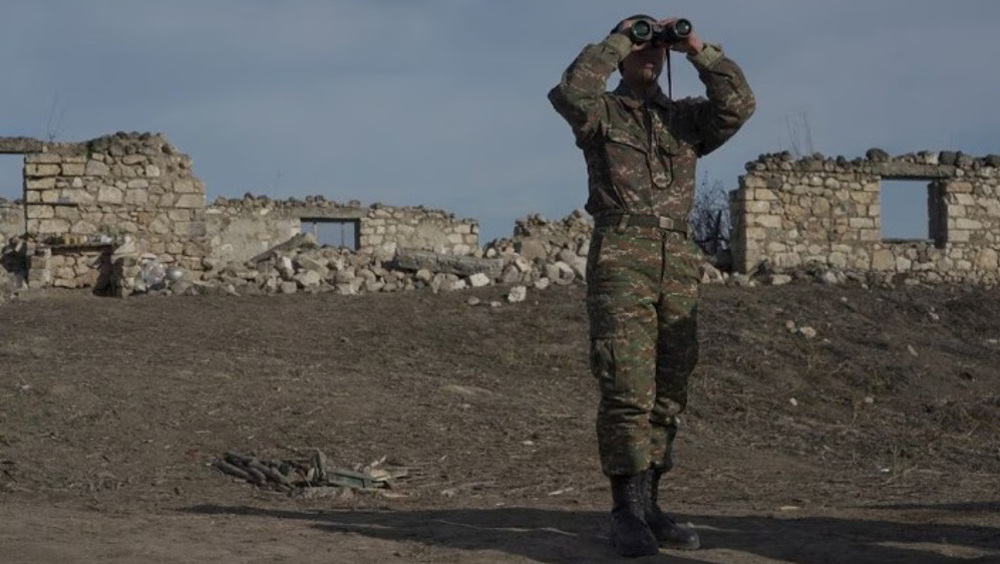
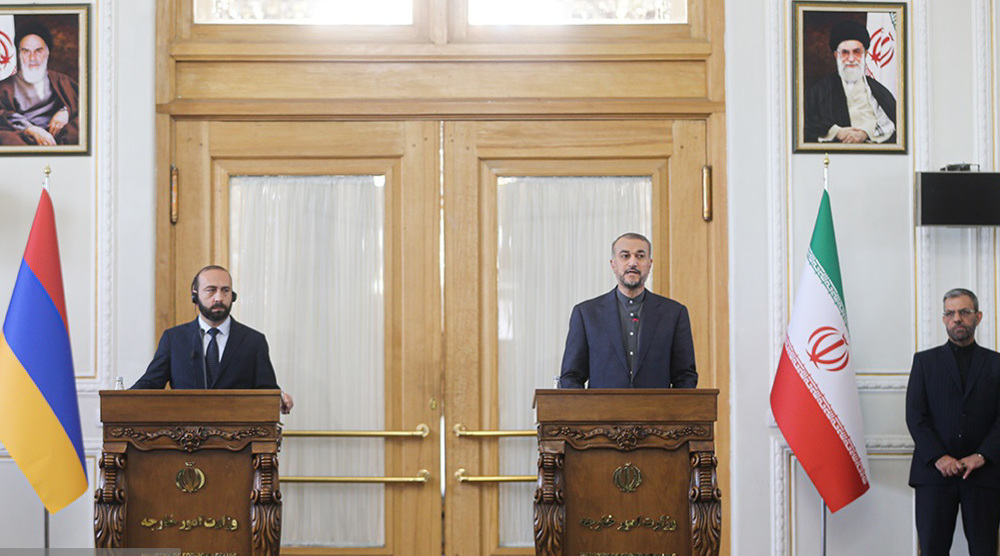
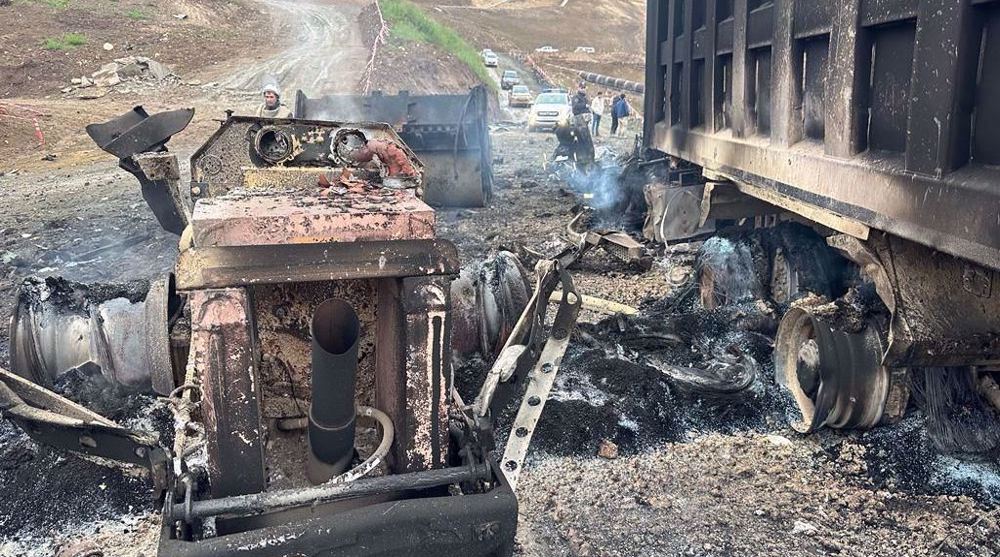
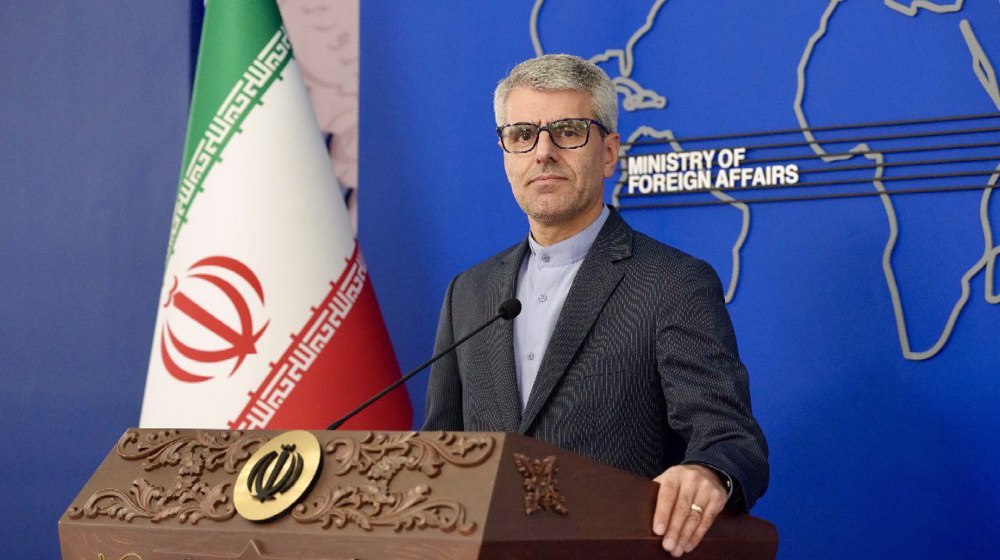
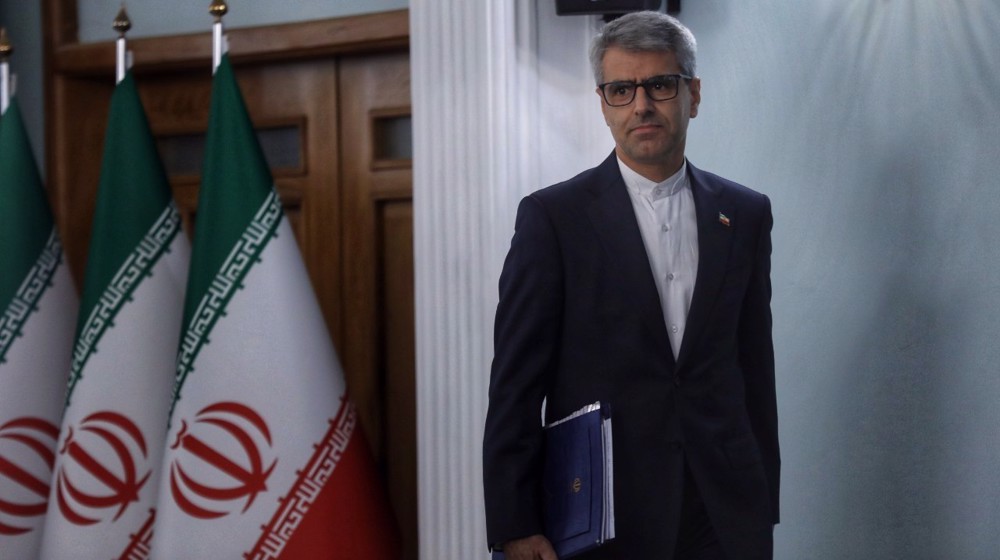
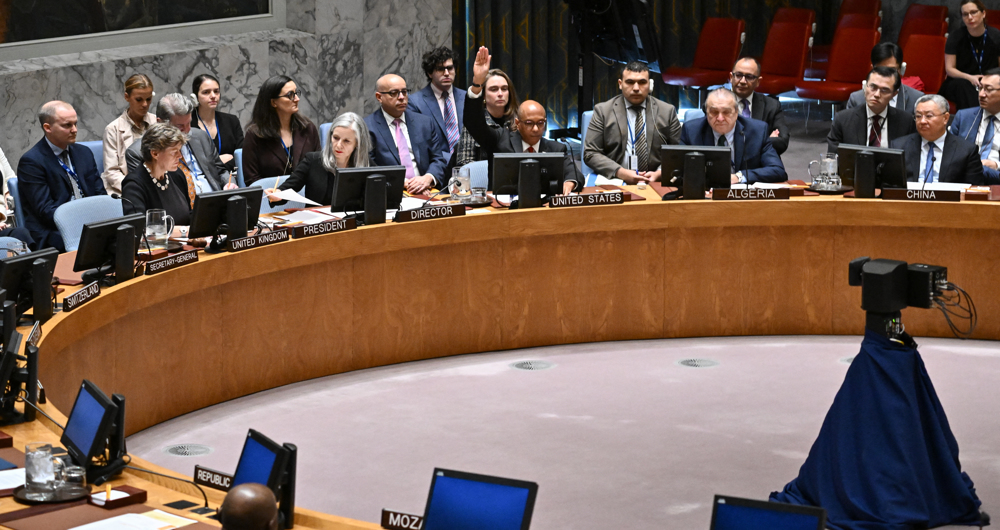




 This makes it easy to access the Press TV website
This makes it easy to access the Press TV website